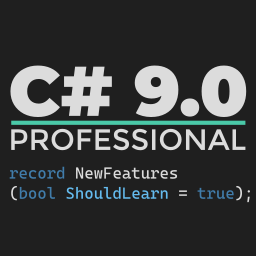Using Fody to provide common parts for structs
This post has been imported from my previous blog. I did my best to parse XML properly, but it might have some errors.
If you find one, send a Pull Request.
The RampUp library is meant to provide low-latency, low/no-alloc environment for building fast systems in .NET. As it’s based on messaging in an actor-like/SEDA fashion, the messages are the first class citizen in its environment. Because of these requirements, unlike in other frameworks/systems, they’ve been built on structs. Yes, good old fashioned value types that has no virtual method tables, no object overhead. They’re just pure data. But even in the world of pure data sometimes you need a common denominator, which provides some basic information. Let me share my RampUp approach to this problem.
Envelope
In case of RampUp and its messages, the part that should be attachable to every message is an envelope. You probably want to now the sender of the message and maybe a few more facts. We can’t derive as structure types cannot derive one from another. How can this be done, how to introduce at least one common field in all the messages? Having one field of type Envelope would be sufficient as we could use this field to store all t he needed information.
Fody
There’s a tool created by Simon Cropp called Fody. It’s a AOP tool, a weaver, a post compiler. With this you can create ModuleWeavers, that are reusable (there’s a lot of them) and/or applied only in the solution they were created. Using this tool I’ve been able to deliver a weaver that scans for messages in a project and adds a specific envelope field. For each message a metadata is created describing the offset to the Envelope field. Additionally, on the basis of the metadata, a message reader and a writer are emitted so that the final user of RampUp does not need to access this field manually.
Summary
Using a post compiler is often seen as an overkill. On the other hand, being able to introduce a common denominator for a set of value types is impossible without either manual copy-paste techniques or weaving it in a post compilation process. I prefer the latter.


